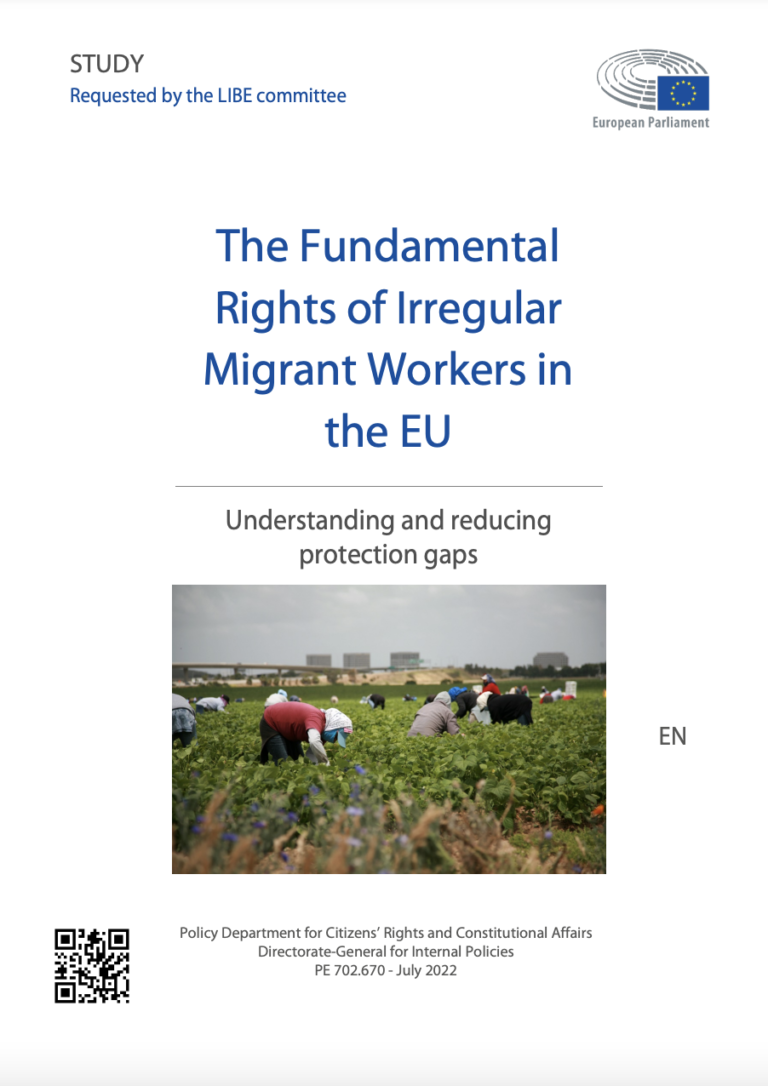Barriers and opportunities for more effective identification of victims of human trafficking: Insights from Bangladesh, Cambodia, and Taiwan
GuidanceThis research has been carried out by the Institute of Development Studies (IDS) and Humanity Research Consultancy (HRC) in partnership with Winrock International, funded by USAID. It builds on earlier research on Trafficking in Persons su...Read More

